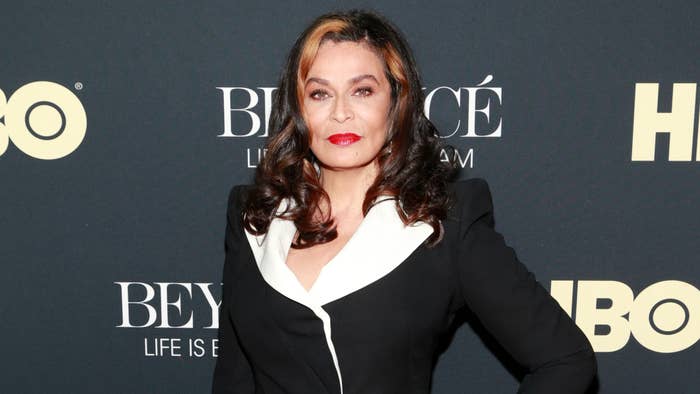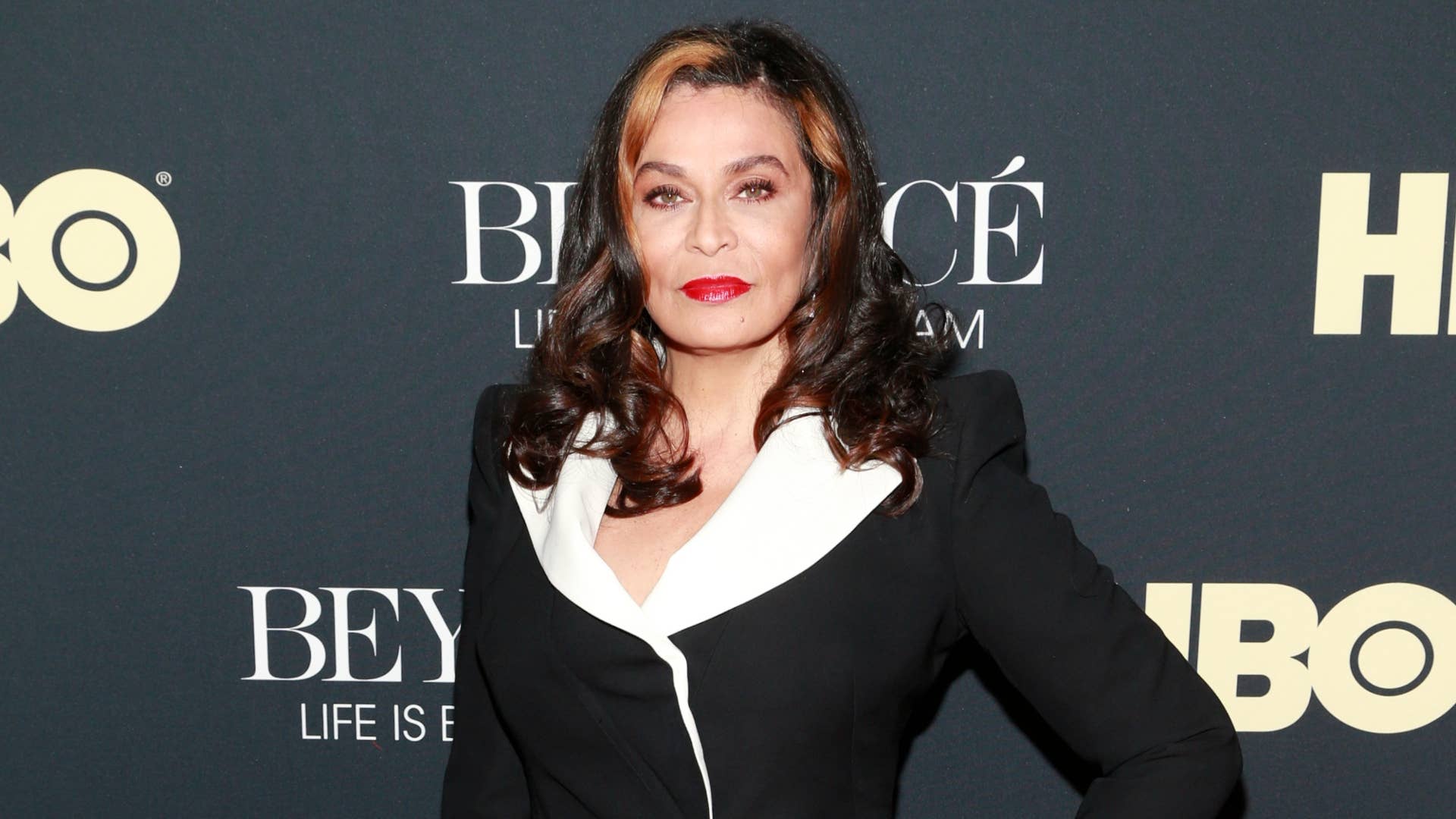
In her appearance on the Discovery+ docuseries Profiled: The Black Man, Tina Knowles-Lawson recalls a conversation where she had to defend her son-in-law, Jay-Z after the woman asked her why she would allow her daughter, Beyoncé, to marry someone she believed to be a “gangster rapper.”
“I can remember getting on a plane and an older white woman saying, ‘Oh, your son is a gangster rapper, right? How did you let him marry your daughter?,’” Knowles-Lawson remembered. “And it was just shocking to me, and I said, ‘No, actually, my son is a CEO.’” Jay-Z became president and CEO of Def Jam Recordings in 2004, before stepping down three years later.
“She didn’t think of him as a CEO or even a talented celebrity that was a great businessman,” she continued. “At that time, I remember thinking, I can’t be mad at her because that is what the media portrays.” According to People, the first episode of Profiled, in which Ms. Tina serves as an executive producer, explores the narrative that Black men are seen as “dangerous.”
“I was very happy to educate her,” Knowles-Lawson told People. “She apologized at the end, and she said, ‘I’m sorry. I just hear that.’ And I said, ‘Yes, you assume, but you really should go and do some research on it because, no, he’s a CEO of a record label.’ And I was like, ‘He’s a very good person. He gives, he helps people.”
Nowadays, Jay-Z’s resume extends well beyond being a CEO. Last month, hip-hop’s first billionaire voiced his support for the proposed “Rap Music on Trial” bill in a letter by his lawyer Alex Spiro, which would prevent prosecutors from trying to prove that an artist is guilty by using their lyrics against them in a criminal trial.

